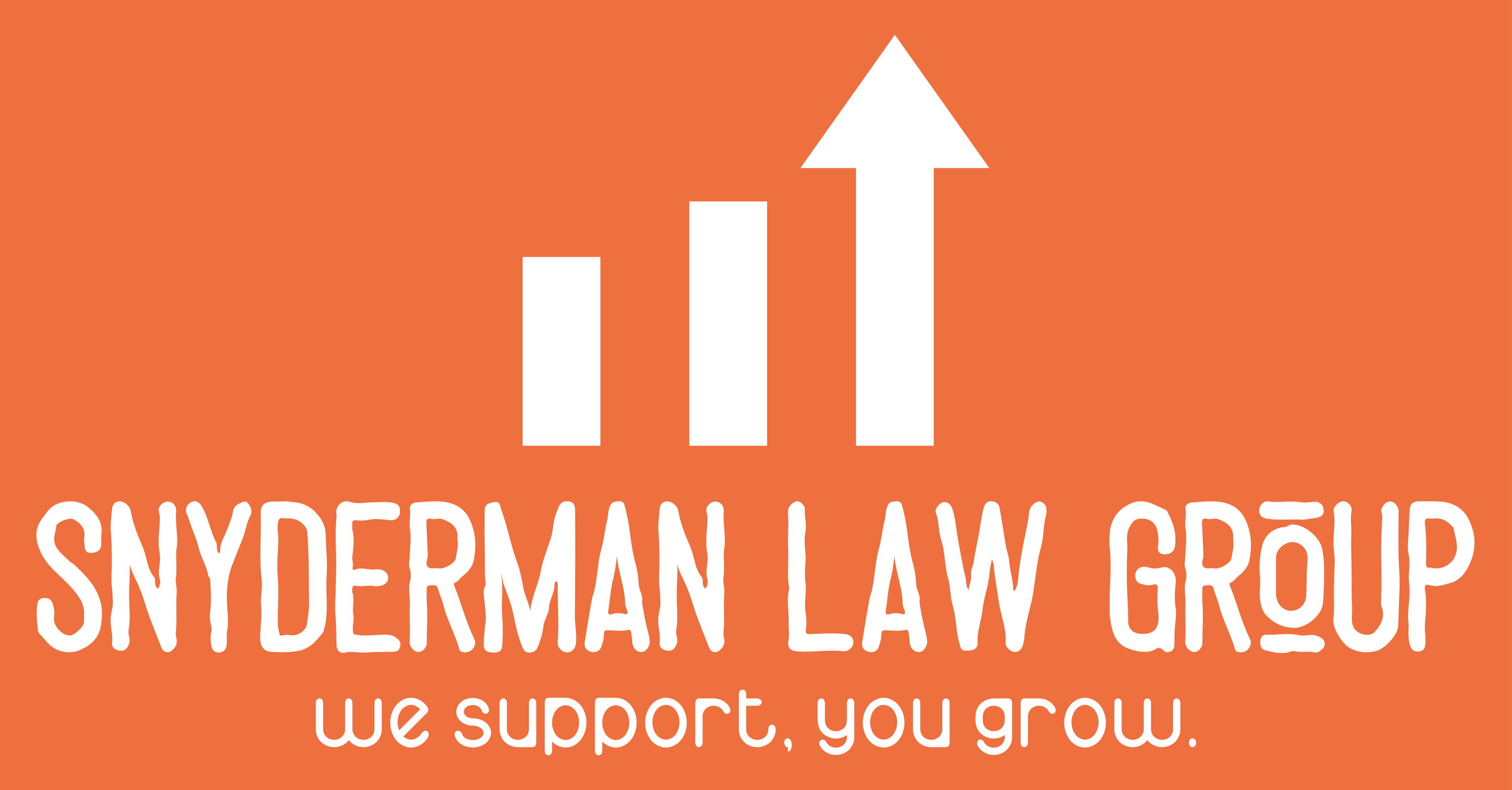Once the game is over, the king & the pawn go back in the same box. -Italian Proverb
What a great management lesson this proverb presents us. So many managers and leaders get caught up in the power that they forget who they are. They get the big title, the big salary, the responsibility and it’s very easy to get lost in that. It’s the reason why so many “new” leaders like Tony Hseih from Zappos or Meg Whitman when she was at eBay sit in cubicles in the middle of the open floor plan offices.
So, why does Tony Hseih sit in a cubicle? Why did Buffer make all of its employees’ salaries and the formula for how its calculated open to all employees? It’s all about the drive to being open and transparent. It’s the ability to answer these three questions: who made the decision, who is accountable for the outcomes of the decision and is the accountability real?
Transparency is invaluable as an organizational tool and a motivational tool. It empowers the pawns and the rooks and the bishops to be advocates of a plan, not just to carry the plan out. There are so many benefits of transparency but here’s a few key performance indicators.
- Approachability – the king and pawn really do reside in the same box
- Big picture – the team knows where they stand on the board and what the strategy is to win
- Trust – the pawns trust the king and his/her vision
We’ve all read enough on the millennials, who are the bulk of the workforce, and the importance of understanding the big picture and receiving constant feedback to them. In addition, in the spread workforce set-up so many companies are moving to with the proliferation of telecommuting, transparency becomes the linkage between employees.
We all play our positions but it’s critical to remember where we go when the game is over.
